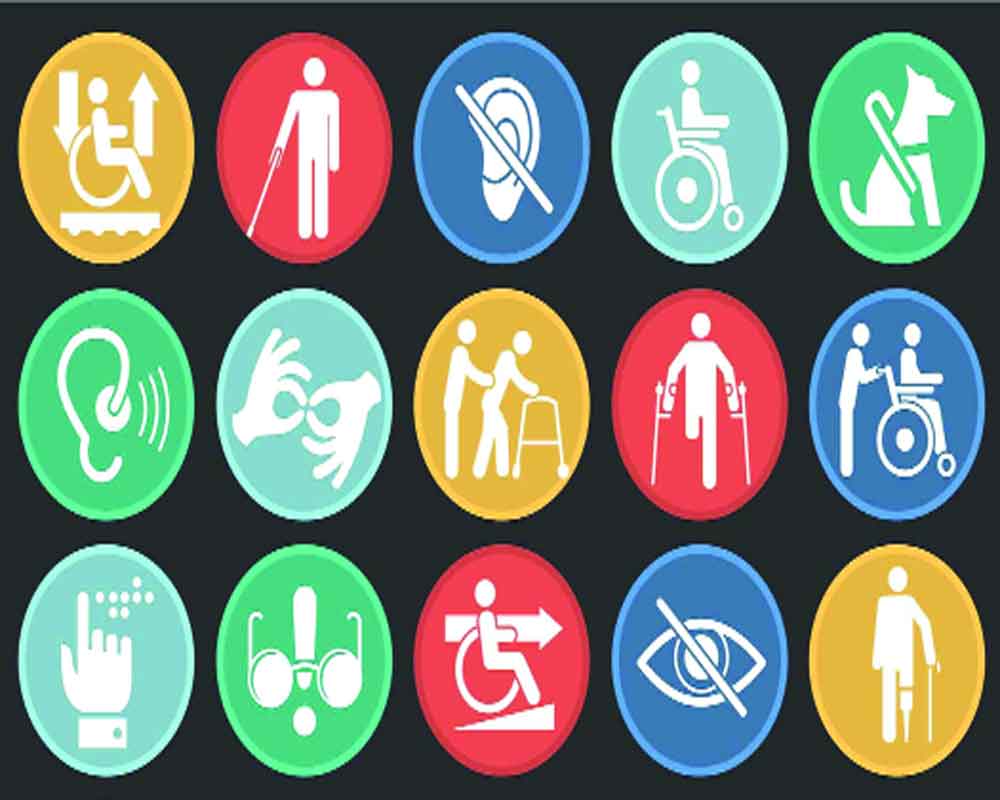People in need of assistive technology (AT) include older people and the disabled besides those affected with communicable and non-communicable diseases, mental health conditions, gradual functional decline or loss of intrinsic capacity and by humanitarian crises. However, a lot remains to be desired, finds out THE HEALTH PIONEER
Way back in 2013, Dr Uma Tuli, a rehabilitation expert and founder of Amar Jyoti School for children with disability had pointed out that mostly people in the sector are forgotten when assistive technology (AT) is talked about. “We need to consider ways to develop assistive technology for making inclusive education a reality. We introduce so many things, but if we do not look at their accessibility, the work remains half done. We have to look at education with a holistic approach to make vocational training a part of the curriculum. We need to have structured sports and cultural activities for the differently-abled,” she had noted.
It’s now 2022. Seems not much has changed in the world of the PwDs. A report “The Global Report on Assistive Technology” jointly released by the WHO and UNICEF recently has noted that almost one billion children and adults with disabilities and older persons in need of AT are denied access.
It reveals that more than 2.5 billion people need one or more assistive products, such as wheelchairs, hearing aids, or apps that support communication and cognition. Yet nearly one billion of them are denied access, particularly in low- and middle-income countries, where access can be as low as 3% of the need for these life-changing products.
The report presents evidence for the first time on the global need for and access to assistive products and provides a series of recommendations to expand availability and access, raise awareness of the need, and implement inclusion policies to improve the lives of millions of people.
“AT is a life changer – it opens the door to education for children with impairments, employment and social interaction for adults living with disabilities, and an independent life of dignity for older persons,” said WHO Director-General, Dr Tedros Adhanom Ghebreyesus while releasing the report.
“Nearly 240 million children have disabilities. Denying children the right to the products they need to thrive doesn’t only harm individual kids, it deprives families and their communities of everything they could contribute if their needs were met,” added UNICEF Executive Director Catherine Russell. “Without access to assistive technology, children with disabilities will continue to miss out on their education, continue to be at a greater risk of child labor and continue to be subjected to stigma and discrimination, undermining their confidence and wellbeing.”
Dr Satendra Singh who is a member of the Standards Development Group to develop global WHO Standards for Wheelchair Service Provision to assist Member States in setting up, improving or transforming their systems to improve access to wheelchair services is not happy with the steps being taken to ensure AT in India.
“The Union Health Ministry has included the assistive products under the list of health products vide notification S.O. 648(E) dated 11th February, 2020 under Medical Devices (Amendment) Rules, 2020 which is in force since 1st April 2020.
“In lieu of above notification, it is the duty of medical professionals to prescribe the assistive products as per medical requirements, which means all the procedures and precautions will be required for prescription of assistive products/technologies. However, their draft National List of Essential Assistive Products (NLEAP) was full of errors as it did not consult health professionals with disabilities.
“Nepal and Tajikistan have formulated the list of assistive products involving people with disabilities at all stages. We are still waiting for the finalised NLEAP,” rued Dr Satendra Singh.
It’s time to achieve the goals of Inclusive India.


























